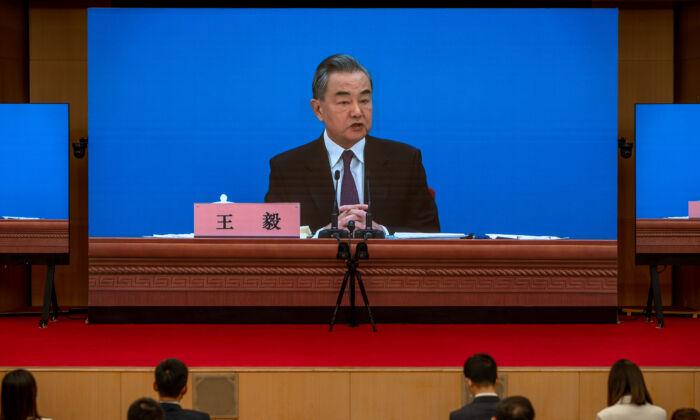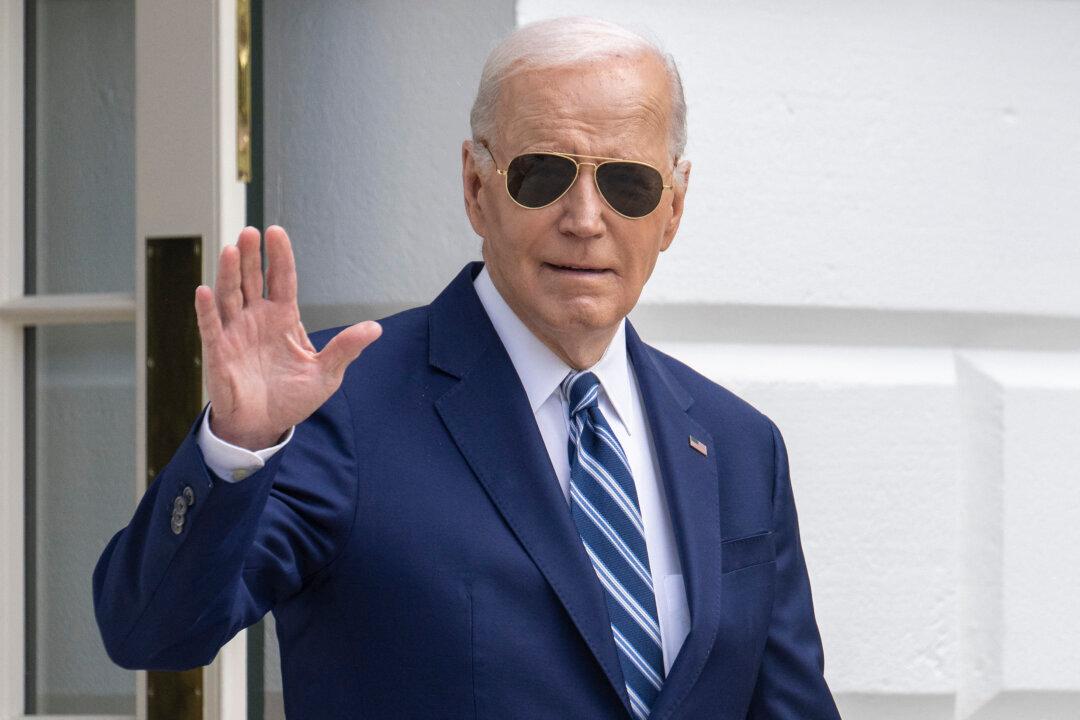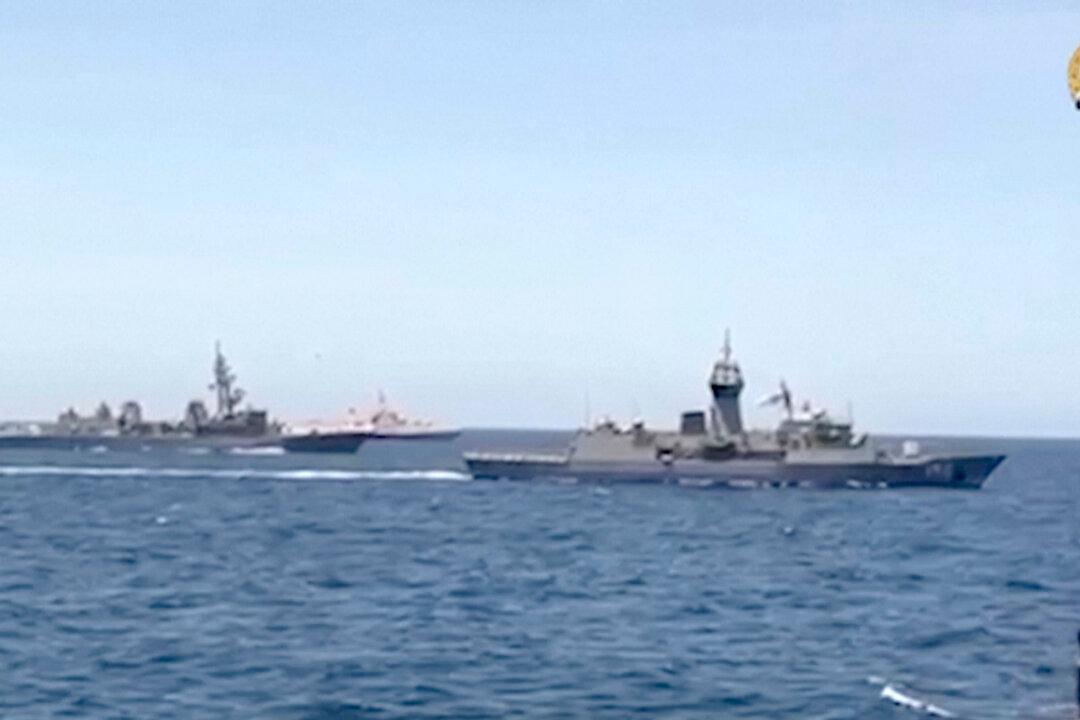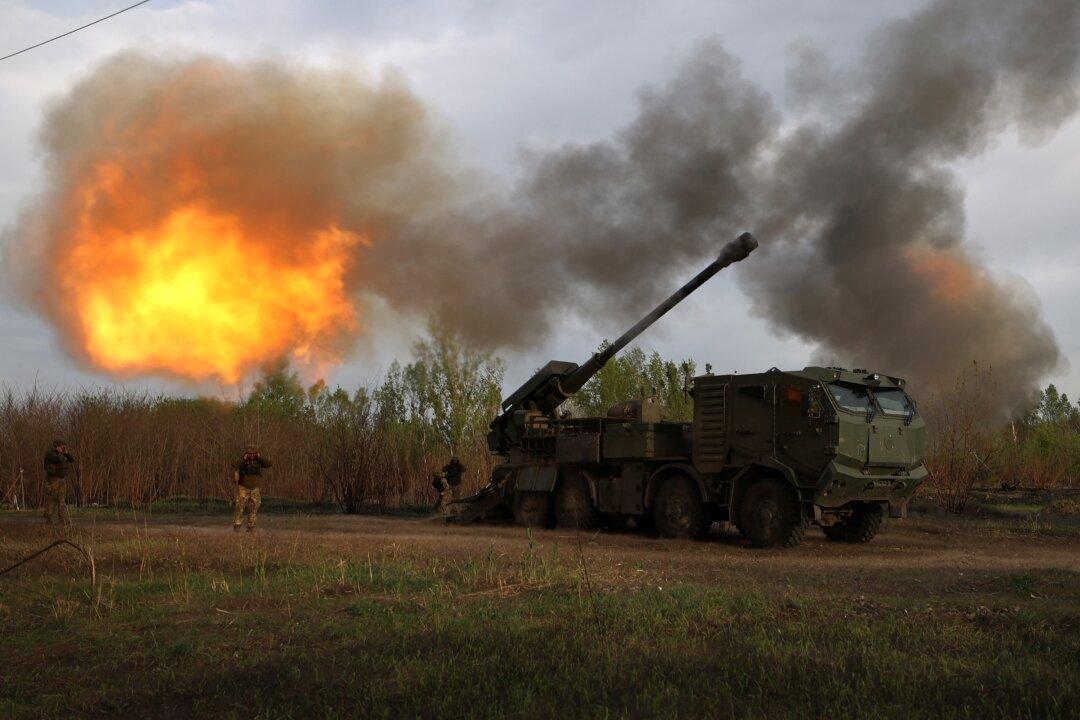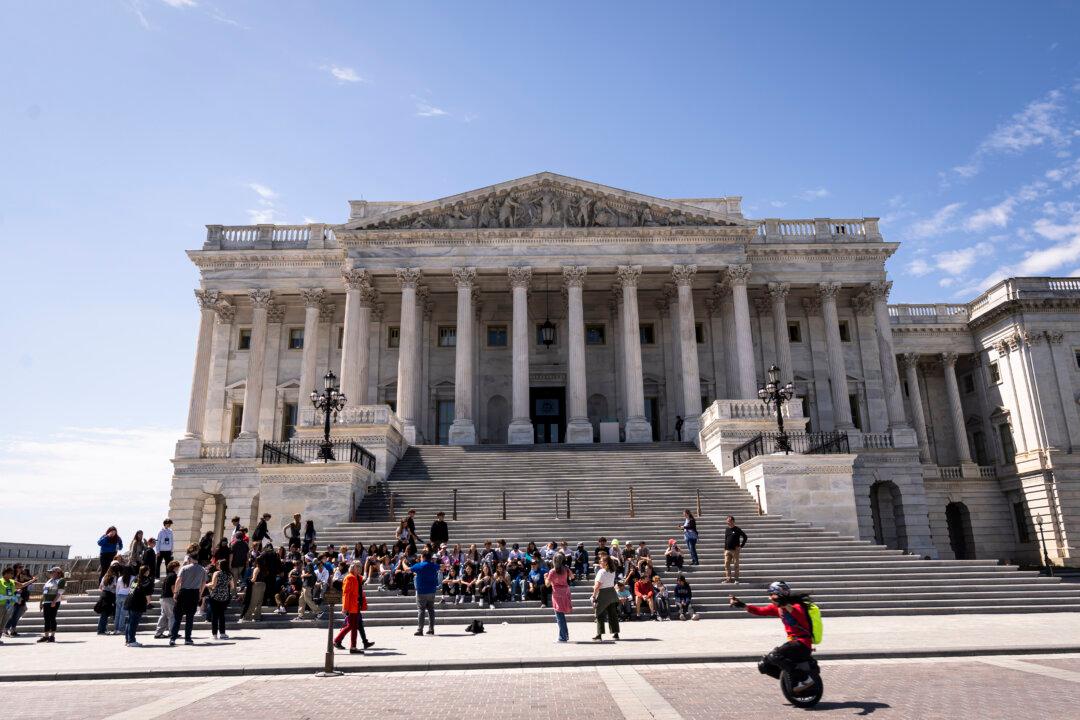Communist China is sending its top diplomat to Russia ahead of the anniversary of the invasion of Ukraine and amid mounting fears that the Chinese regime will provide Russia with weapons for its war.
The Chinese Communist Party (CCP) is sending Wang Yi, director of the regime’s Foreign Affairs Commission, to Moscow, where it is rumored Wang may even meet with Russian leader Vladimir Putin.
The visit comes just days after the United States announced that it was concerned the CCP may be preparing to provide weapons to Russia.
U.S. Secretary of State Antony Blinken met with Wang on Feb. 18, on the sidelines of a global security conference in Munich, where he warned Wang of consequences should the CCP provide materiel support to Russia’s invasion of Ukraine
Chinese weapons supplies to Russia would risk a potential escalation of the Ukraine war into a confrontation between Russia and China on the one side and Ukraine and the U.S.-led NATO military alliance on the other.
CCP foreign affairs spokesperson Wang Wenbin said the CCP would speak to Russia about a political settlement for the war but did not explicitly rule out providing weapons to Russia.
Wang Wenbin declined to say what Wang Yi would discuss with Russian authorities, but said the CCP aimed to avoid a nuclear war.
Despite the claim, both Russia and China are seeking to modernize and expand their nuclear arsenals, and Russia is deploying its nuclear forces in a posture unseen since the Cold War.
This means that Russia can freely expand and modernize its nuclear arsenal, which is already the largest in the world.
